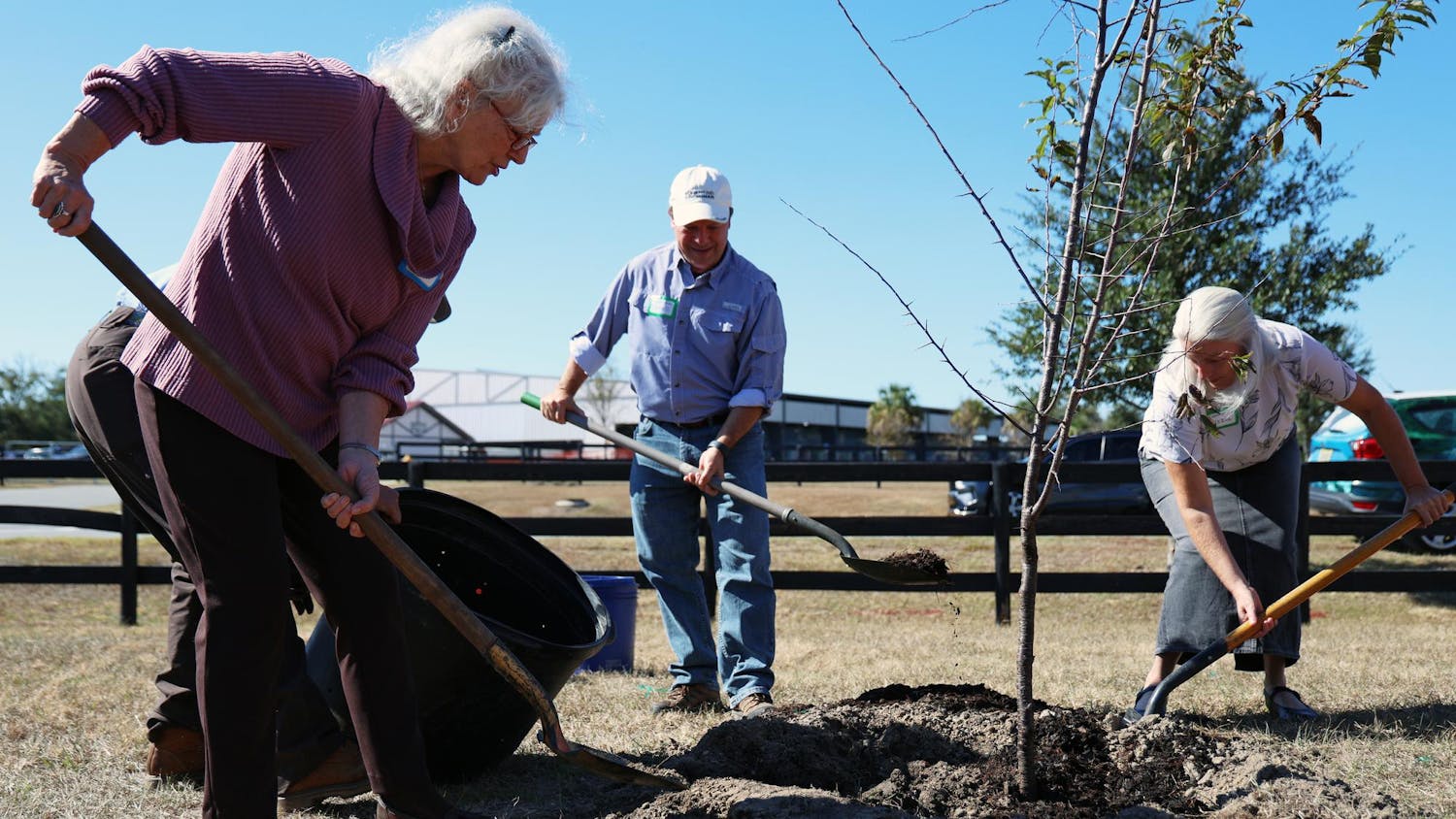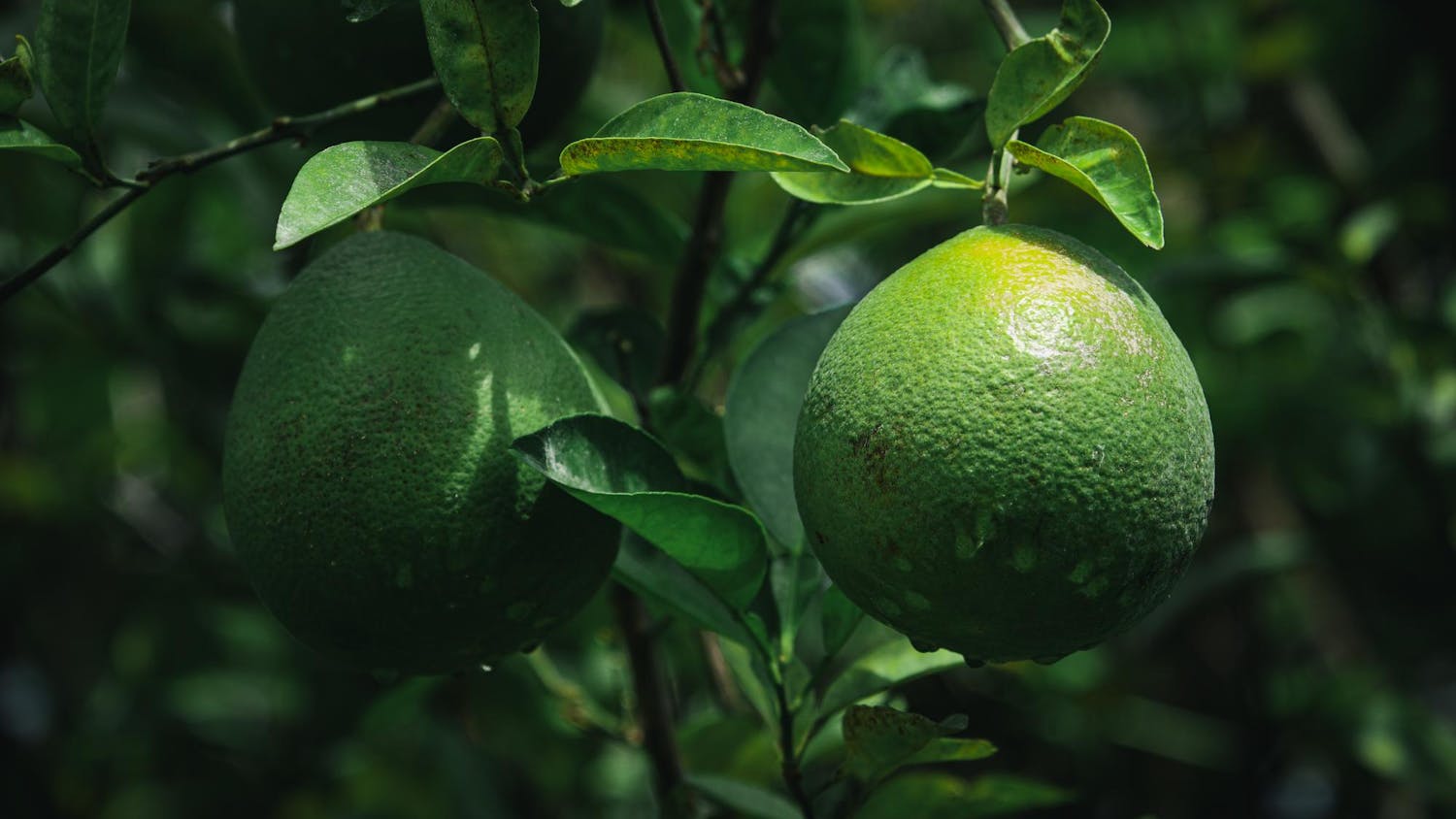To fight hunger and poverty in Africa, the UF Institute of Food and Agricultural Sciences will work to stave off the threat of an invasive African pest.
UF and the International Institute of Tropical Agriculture signed an agreement in October to commit to fighting poverty and hunger issues in Africa while maintaining environmentally clean practices. The two organizations signed the agreement at the World Food Prize 2017.
Pedro Sanchez, a professor of tropical soils at UF and the program coordinator, said a main initiative of the program is to work together to combat an invasive species in Africa, the fall armyworm, that devastates corn crops. In parts of sub-Saharan Africa, current yields are about 16 bushels per acre, or about 56 pounds. However, a family of four needs about 2,000 pounds, Sanchez said.
“I think that this shows that UF now is kind of officially involved in this quest to get Africa out of poverty and hunger,” he said.
Sanchez said UF scientists know how to control the worm in Florida. By cooperating with the other groups, UF will work to control the threat of these worms in Africa.
Another main goal of the program is to triple current corn crop yields in the next 10 years, he said.
UF will send faculty members to Nairobi, Kenya, to coordinate efforts in the region.
The program builds upon UF’s role as a top-10 public university, Sanchez said. UF will work jointly with the tropical agriculture institute to share knowledge and skills.
“This gives us the green light to get going,” he said.
The newly signed pact allows UF professors and students to work abroad as a group rather than as individuals, Sanchez said. It also cuts through bureaucratic red tape, because the international group’s actions are considered a form of diplomacy, which streamlines the paperwork process of securing the work permits for UF researchers.
He said although the work will not be easy, he is excited about the ability of science-based results to help the local population.
Jack Payne, the senior vice president for agricultural and natural resources at UF, wrote in an email he is proud of the efforts to call attention to the potential famine in Africa.
“I strongly believe that a land-grant university is not a great university unless it is first bringing its knowledge to the people of its state but also bringing it to the world,” he said.





